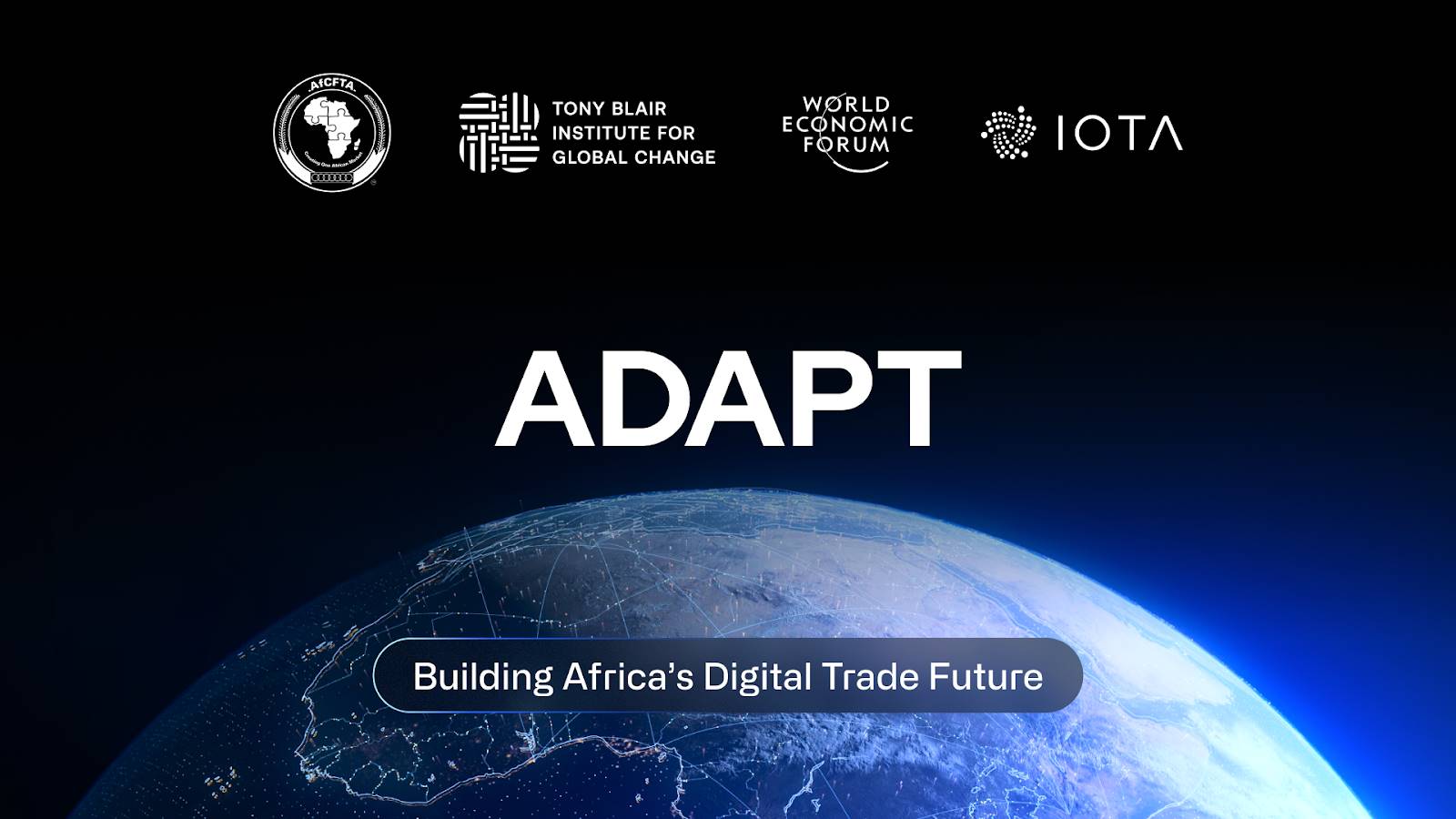Justin Sun backs proposal to cut Tron fees by 60%, says users will benefit most
Key Takeaways
- Tron's network fees will decrease by 60% after approval from the Super Representative community.
- The fee cut is expected to benefit users, with future reviews planned to maintain network competitiveness.
Share this article
Justin Sun, the founder of the Tron blockchain, has voiced support for a community proposal to slash Tron’s network by 60% as he believes it will benefit users and drive long-term growth.
“For users, this fee reduction is a real benefit,” Sun said in a Friday statement . “Cutting fees by 60% is bold and rare for any network.”
The proposal, known as Tron Improvement Proposal #789 and submitted earlier this month, seeks to reduce Tron transaction fees by lowering the energy unit price from 210 sun to 100 sun. The move was driven by TRX’s price doubling since 2024, which had sharply raised on-chain costs and discouraged user and developer activity.
The proposal has already passed and is set to take effect today at 20:00 (GMT+8). It will mark the largest fee reduction in the network’s history.
While acknowledging short-term impacts on revenue, Sun indicated that profitability would improve over time as network activity increases.
He added that the Tron Super Representative community will implement quarterly reviews of network fees, considering factors such as TRX price movements, network activity, and growth metrics to maintain a competitive positioning.
Tron ranks as the fifth-largest blockchain by total value locked, with TVL topping $6 billion as of August 28, CoinGecko data shows. The network has also grown its stablecoin supply by 40% since the start of the year.
Share this article
Disclaimer: The content of this article solely reflects the author's opinion and does not represent the platform in any capacity. This article is not intended to serve as a reference for making investment decisions.
You may also like
IOTA collaborates on the ADAPT project: Building the future of digital trade in Africa together
IOTA is collaborating with the World Economic Forum and the Tony Blair Institute for Global Change on the ADAPT project. ADAPT is a pan-African digital trade initiative led by the African Continental Free Trade Area. Through digital public infrastructure, ADAPT connects identity, data, and finance to enable trusted, efficient, and inclusive trade across Africa.

SharpLink Announces $104M Profit on the Back of Its Ethereum Strategy

